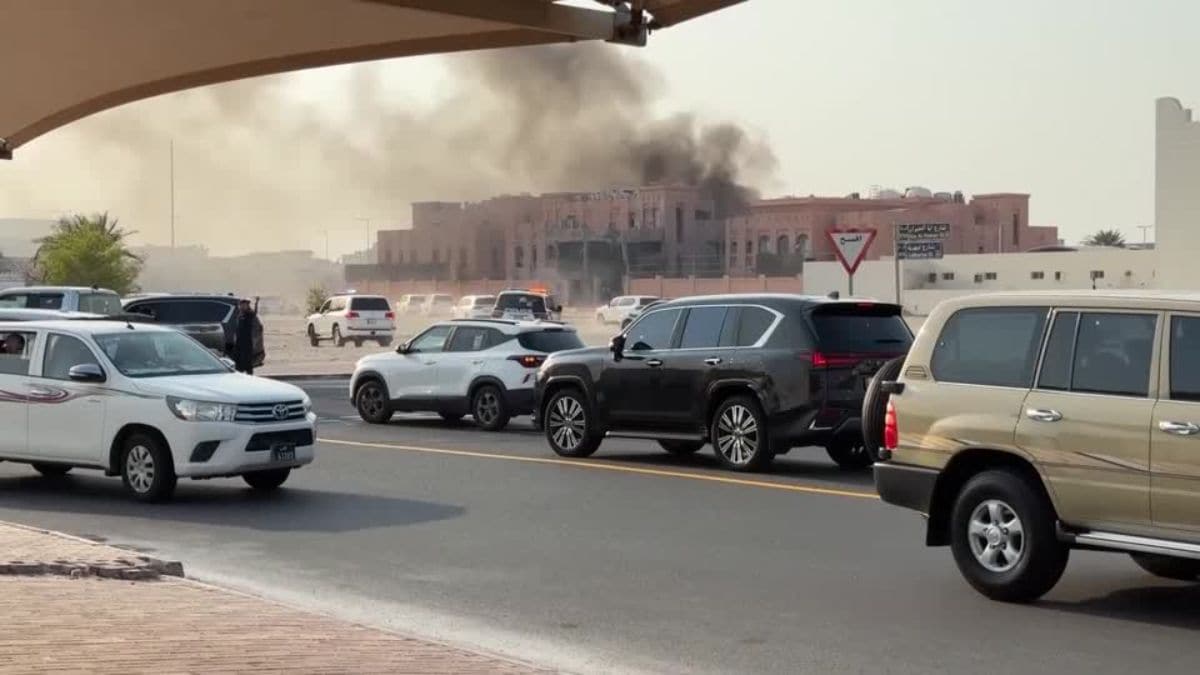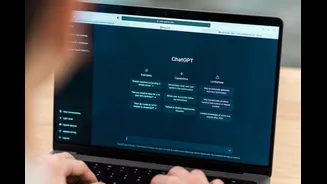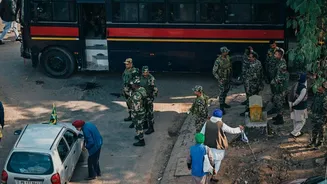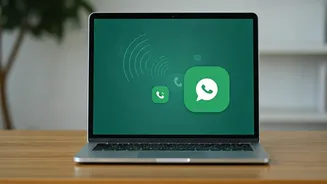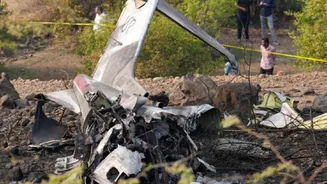The attack targeted senior Hamas leaders who had gathered for high-level discussions over a ceasefire proposal backed by the United States, aimed at halting the ongoing conflict in Gaza and securing the release of hostages.
The strike, which resulted in at least six deaths, was carried out in a neighbourhood known for hosting diplomatic missions and international schools.
The incident is threatening to derail months of diplomatic work and raising concerns about the sanctity of sovereign Gulf states.
Hamas confirmed that its upper leadership, including its key negotiators, survived the strike.
However, five of its members were killed, among them Hammam, the son of Khalil al-Hayya, Hamas’ chief in Gaza and the group’s top representative in ceasefire talks.
Other casualties included Jihad Lubbad, who headed al-Hayya’s office, and three bodyguards tasked with protecting the team. The group later identified Abdullah Abdul Wahid, Moamen Hassouna, and Ahmed al-Mamluk among the dead.
Several others sustained injuries in the attack.
Qatar’s interior ministry reported that Saad Mohammed al-Humaidi al-Dosari, a member of its elite Internal Security Force, known locally as Lekhwiya, died “while performing his duties at the targeted site.”
His presence has put a spotlight on the seriousness of the incident, as he was reportedly stationed there to provide protection in an area housing key diplomatic assets.
Hamas condemned the strike, labelling it a failed assassination attempt on its ceasefire negotiation team. The group suggested that Israel’s aim was to eliminate its key negotiators and derail the truce discussions.
Al Jazeera, the Qatari state-funded broadcaster long at odds with Israel, described the strike in its headlines as “brutal aggression.”
Israel had previously banned the channel from operating inside its borders and the West Bank, though its journalists continue to report from the Gaza Strip.
When Israel carried out assassinations in the region
While the Doha strike shocked the region, it fits into a much longer history of Israeli covert operations aimed at eliminating Palestinian leaders and other adversaries abroad.
These operations, primarily carried out by Mossad, have extended far beyond Israel’s borders, often straining diplomatic ties with other nations.
Key incidents over the decades:
- July 31, 2024 – Tehran, Iran: Hamas political bureau chief Ismail Haniyah, who also served as prime minister of the Palestinian National Authority, was killed in his home shortly after attending Iran’s presidential inauguration. Israel publicly acknowledged responsibility in December 2024, five months later.
- January 2, 2024 – Beirut, Lebanon: Senior Hamas leader Saleh al-Arouri, deputy chairman of the Hamas political bureau and co-founder of the al-Qassam Brigades, was assassinated in exile. Al-Arouri was central to the 2011 deal that exchanged captured Israeli soldier Gilad Shalit for 1,027 Palestinian prisoners.
- January 2010 – Dubai, UAE: Mahmoud al-Mabhouh, accused of procuring weapons for Hamas, was killed in a Dubai hotel. The UAE accused Mossad of carrying out the hit. The use of forged passports from Ireland, the UK, and Australia caused a major diplomatic scandal.
- September 26, 2004 – Damascus, Syria: Izz el-Deen Sheikh Khalil, a Hamas leader deported from Gaza in 1992, was killed when a bomb planted in his car detonated.
- September 25, 1997 – Amman, Jordan: Two Israeli agents attempted to assassinate Hamas leader Khaled Meshaal by injecting a slow-acting poison into his ear. The operation failed, and Jordan’s King Hussein forced Israel to provide the antidote in exchange for the agents’ release.
- April 1988 – Tunis, Tunisia: Khalil al-Wazir (Abu Jihad), military chief of the Palestinian Liberation Organisation (PLO) and deputy to Yasser Arafat, was killed in a raid by Israeli commandos. Israel admitted responsibility only in 2012.
- October 2, 1985 – Tunis, Tunisia: Israel bombed the PLO headquarters, killing 60 people and injuring dozens, including women and children.
- January 1979 – Beirut, Lebanon: Ali Hassan Salameh, founder of the Black September organisation linked to the 1972 Munich Olympics attack, was assassinated in a car bombing. Mossad agents spent weeks infiltrating his social circles to plan the attack.
- October 16, 1972 – Rome, Italy: Abdel Wael Zwaiter, a Fatah spokesperson, was shot multiple times outside his home. Israel accused him of ties to Black September, though PLO officials denied the connection.
- 1972 – Beirut, Lebanon: Prominent Palestinian author and PFLP leader Ghassan Kanafani was killed when a bomb was planted in his car.
The consequences often extended beyond the immediate killing, triggering diplomatic standoffs with the countries where the attacks occurred.
For instance, the 2010 Dubai assassination caused widespread outrage over the use of forged Western passports, while the failed 1997 attempt on Meshaal nearly ruptured Israel’s relations with Jordan.
How Qatar reacted to the Doha strikes by Israel
Emir Sheikh Tamim bin Hamad Al Thani held urgent calls with international leaders, including US President Donald Trump, to discuss the crisis.
The state-run Qatar News Agency released details of these conversations, pointing out Doha’s deep anger over the strike.
In his conversation with Trump, Sheikh Tamim condemned the attack, stating that Qatar held Israel "responsible for its repercussions, in light of the policy of aggression they adopt that threatens the region’s stability and obstructs efforts to de-escalate and reach sustainable diplomatic solutions.”
Qatar’s Prime Minister, Sheikh Mohammed bin Abdulrahman al-Thani, issued his own warning, stating that the strike could derail the painstaking negotiations Qatar had been mediating between Hamas and Israel.
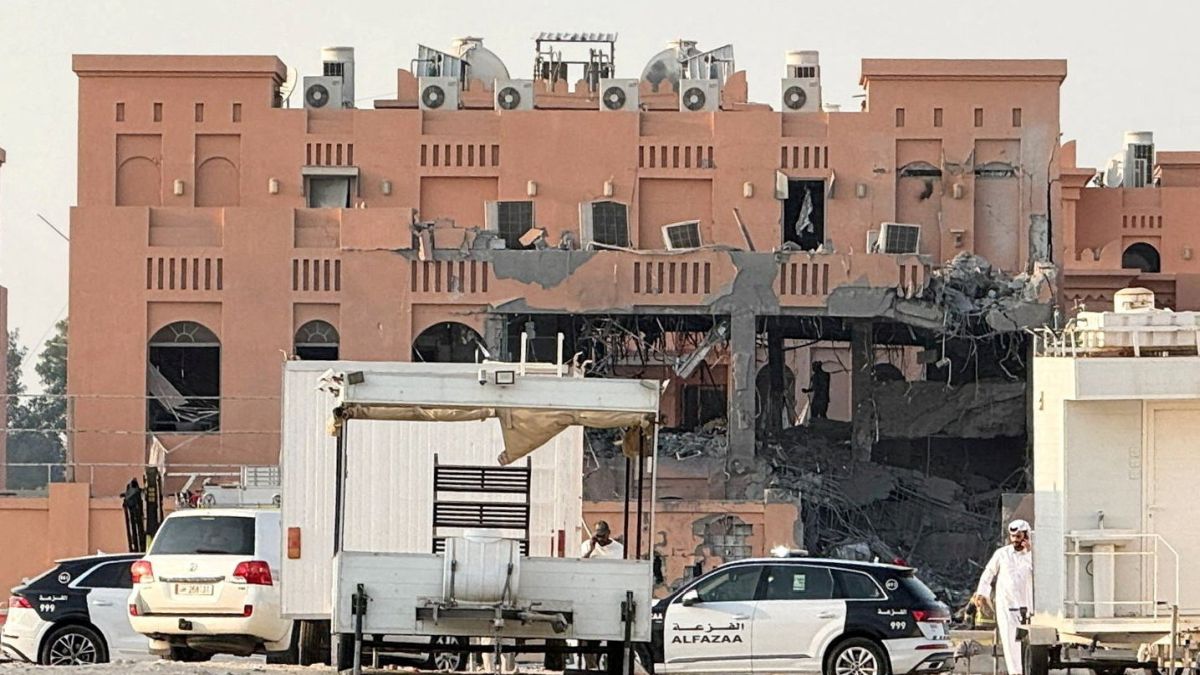
A damaged building, following an Israeli attack on Hamas leaders, according to an Israeli official, in Doha, Qatar, on September 9, 2025. The IDF targeted Hamas’s leadership in Qatar in Operation Summit of Fire. File Image/Reuters
Doha’s position has been to serve as a neutral facilitator, hosting multiple rounds of talks between the warring sides. Tuesday’s events threatened to upend that role completely.
Qatar also rejected suggestions that it had been given prior warning of the attack. Reports surfaced that Washington had notified Doha in advance through a special envoy, but this was swiftly contradicted by Qatari officials.
Foreign Ministry spokesman Majed al-Ansari posted on X that any call from the United States came just as the explosions from the Israeli strikes were being heard.
How the US & Trump responded
Trump faced immediate pressure following the strike, as Qatar is a close US ally and host to Al Udeid Air Base, which houses around 10,000 American troops and serves as the forward headquarters for US Central Command.
Speaking to reporters later on Tuesday, Trump acknowledged his dissatisfaction, calling the attack “not a good situation.”
“This was a decision made by Prime Minister Netanyahu, it was not a decision made by me,” Trump said on social media soon after the strikes.
He expressed frustration at the unilateral nature of the Israeli operation, saying it “did not advance Israel or America’s goals.” Yet his criticism was measured.
Trump even suggested that “this unfortunate incident could serve as an opportunity for peace.”
Upon arriving for dinner near the White House later that day, Trump reiterated his position, stating, “I’m not thrilled about it.”
He added, “I’ll be giving a full statement tomorrow. But I will tell you this, I was very unhappy about it. Very unhappy about every aspect.”
Trump also revealed that he had spoken with both Sheikh Tamim and Prime Minister Netanyahu. “I assured them that such a thing will not happen again on their soil,” he said.
The US president also disclosed that he had instructed envoy Steve Witkoff to warn Qatar about the impending strike as soon as Washington became aware of Israel’s plans.
However, he admitted the call came too late to prevent the attack. “Unfortunately, too late to stop the attack,” Trump explained.
Qatar’s role as a neutral host for ceasefire talks between Israel and Hamas has been central to Washington’s diplomatic strategy.
Qatar has recently invested in strengthening ties with Trump personally. Among its gestures was the gift of a $400 million Boeing 747, intended to serve as a future Air Force One before eventually being donated to a presidential library.
With inputs from agencies
